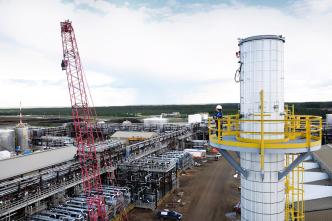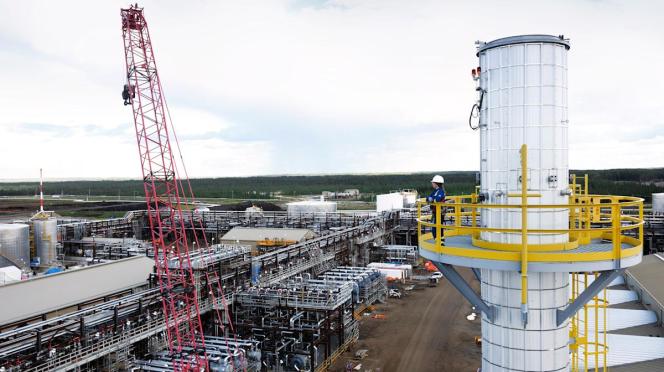Following Bishop Well incident near Galeton, active oil and gas operators in Colorado must submit a safety report this month
While the cause of the Bishop Well incident near Galeton last month remains unknown, a state agency last week issued a notice to active well operators statewide mandating a report on well integrity and safety no later than May 9.
The Colorado Energy and Carbon Management Commission sent the notice requesting “a review and report of policies, procedures, training, communication, and oversight” on well integrity management and safety during the time period post stimulation to a secure production configuration for any and all wells …”
The commission says the notice applies to all operators statewide, while recognizing some operators don’t have active drilling and completion programs. The commission said it expects their compliance with the reporting portions of the notice “if and when they commence drilling and completion operations.”
The two-page notice was sent April 25 and sent “in light of recent events” on the uncontrolled release of wellbore fluid because of a failed barrier in the wellhead equipment, the commission said. The notice did not mention Chevron, the energy company specializing in oil and gas operations that was managing the Bishop Well site.
The recent event occurred April 6 at the facility south of Weld County Road 74 near Galeton. That evening, there was a failure of the designed well barriers, causing a loss of control over the pressure in the wellbore — the hole that allows for access to oil, gas or water.
The loss of control of pressure led to the uncontrolled flow of fluids known as a blowout when water, oil and gas were discharged from the well, according to the commission. During the blowout, wellbore fluids and fluids native to the formation, such as condensate and crude oil, emitted from the well.
The Energy and Carbon Management Commission is in the state’s Department of Natural Resources, along with divisions in forestry, mining, parks and wildlife and others. The commission regulates the development and production of oil and gas in a manner to protect public health, safety, the environment and wildlife resources.
The notice also said operators must conduct an internal process review and see that all “operational practices and processes and safety protocols” are communicated to all employees and contractors no later than Friday, May 2.
Operators with active permits will submit a summary of their response to the notice to commission’s director no later than Friday, May 9.
In an email Thursday, Kemp said the commission does not have a root cause analysis on why the uncontrolled release of fluids escaped Bishop Well.
“We do know what surface activities and operations were taking place at the time of the incident,” Kemp wrote, adding those led to the notice to operators. “Our investigation is still figuring out the why.”













